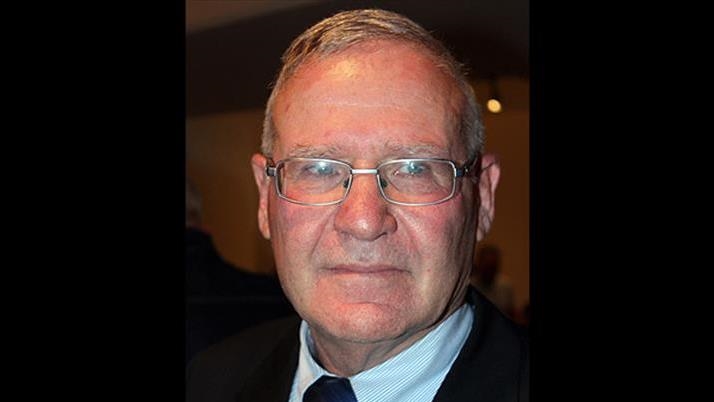Global Courant
It took more than a decade of litigation, but 21 Anishinaabe communities along the northern shore of Ontario’s Lake Huron will finally have access to their fair share of the wealth generated on their lands over the past 173 years.
The Robinson-Huron Treaty, signed in 1850, promised native beneficiaries annual payments in exchange for the right to use their land.
A clause in the treaty explicitly linked the value of annual payments to resource income.
The mining, timber and fishing industries of Northeastern Ontario generated billions of dollars in profits over the past two centuries, but annual payments to First Nations were capped at $4 per person in 1874 and have not been increased since.
In 2018, the Superior Court of Justice of Ontario ruled that the Crown had a duty to increase annual payments to beneficiaries of the Robinson-Huron treaty.
Canada, Ontario and these First Nations communities have been negotiating out of court since January.
LOOK | Ceremony Opens Settlement Announcement:
Ceremony opens announcement of $10 billion settlement in Robinson-Huron treaty territory
The announcement of a tentative agreement between Ontario, Canada and the 21 Anishinaabe First Nations living in the Robinson-Huron Treaty area to offset past unpaid annuities began ceremoniously, just as it did 173 years ago when the Robinson-Huron treaty was signed for the first time.
The three parties announced a proposed $10 billion settlement to offset past unpaid annuities at a press conference in Sudbury on Saturday.
The federal government pays half of that amount and the other half is borne by the provincial government.
Renewing the treaty relationship
Batchewana First Nation chief Dean Sayers says the proposed settlement means the Crown and the indigenous communities of the Robinson-Huron treaty area will move together towards reconciliation.
“This is just a first step,” he said. “The proposed agreement only covers past annuities.”
Negotiations to review the terms of future annual payments are underway, but Sayers says the proposed settlement gives hope for the future of the treaty relationship.
“It is a symbol of the commitment to respect and uphold treaty rights,” he said.
Robinson-Huron Treaty Litigation Fund chairman Mike Restoule of Nipissing First Nation said he felt “ecstatic” about reaching a proposed settlement with state and federal governments. (Aya Dufour/CBC)
For Duke Peltier, the secretary-treasurer of the Robinson-Huron Treaty Litigation Fund, the proposed settlement has a lot of meaning.
“Our communities have struggled economically, socially and politically because the Crown has violated the treaty,” he said.
“The compensation of this settlement will ensure a stronger and brighter future for our nations,” Peltier said.
Communities will be consulted on the distribution of the settlement money
Peltier says members of the Robinson-Huron First Nation community have “a lot of burning questions” about what this settlement entails.
He asks people to be patient.
“We need to have conversations in our communities,” Peltier said.
He adds that there will be consultations in every community in the coming months.
These talks will guide “the development of policies and procedures so that the compensation fund can be distributed evenly among communities,” Peltier said.
A report with recommendations will be prepared by Anishnaabe Judge Harry S. LaForme in the next six to eight months.
Nipissing First Nation chief Scott McLeod says part of the compensation will be used to fund community development projects.
He adds that there is also an “individual part of the annuity”.
“The First Nations will distribute this money to individuals. This amount has not yet been determined,” he said.
The federal and provincial governments must go through internal approval processes before the proposed scheme can be finalized.
‘Even a library book would cost a small fortune if it took 173 years to pay the late fees’: Minister
Crown-Indigenous Relations Minister Marc Miller says this proposed settlement is not about one specific piece of land in Canada.
“It’s about the whole relationship that this country is built on,” he said.
Miller hopes this compensation “rectifies a historical mistake.”
He adds that the public should be educated on this issue. “This is not taught in schools,” he said.
“People will have an opinion on this, but people need to understand that this is about Canada and Ontario paying bills that are long overdue.”
“Even a library book would cost a small fortune if it took 173 years to pay the late fees,” Miller said.
He added that “Canada has a lot of unpaid bills,” but work is underway across the country to speed up claims processing.



